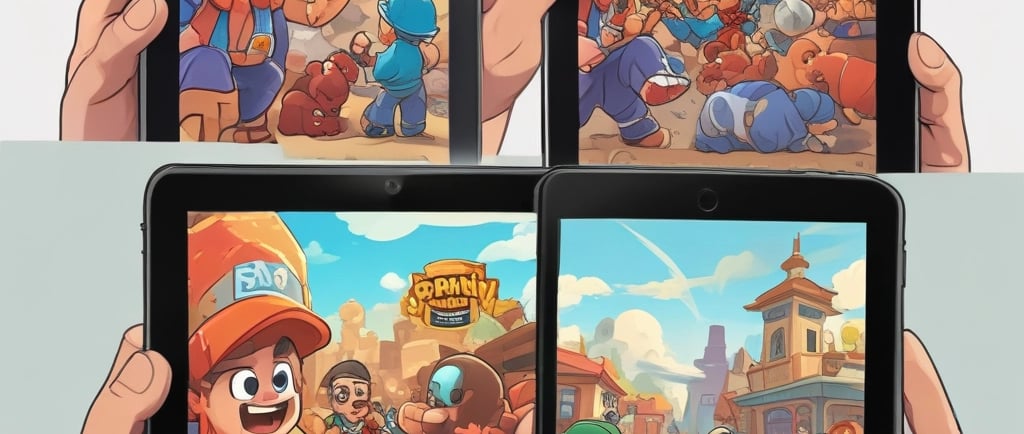This Is Your Life: A Father's Reflection on Games, Growth, and Dopamine
A father's honest reflection on supporting his child's love for gaming—exploring the emotional lessons, cognitive benefits, and dopamine-driven risks behind the screen.
8/27/20252 min read


🎮 This Is Your Life: A Father's Reflection on Games, Growth, and Dopamine
Papa wants to support the dreams that you have. I know now that you love to play games. What I don’t yet know is how to support this dream of yours. But I’m learning—and I’m watching.
There’s more to games than meets the eye. Beneath the pixels and power-ups, there are lessons waiting to be discovered.
🧠 Games as Teachers
Playing games often leads to either victory or defeat. Winning sparks joy. Losing teaches us courage—the courage to start over, to try again, to experiment with new methods. That cycle of trial and error is a quiet rehearsal for life.
Sometimes, games show us that if one method doesn’t work, it likely won’t work next time either. We learn to refine, to rethink, to rebuild. Games become a mental gymnasium, training our problem-solving muscles.
Even simple games—like scoring goals against yourself—build muscle memory and discipline. They teach us to practice, to persist, to play with purpose.
🤝 Games as Mirrors
Games aren’t just solo adventures. They’re social laboratories. We compete. We collaborate. And in doing so, we discover ourselves.
Do you claim credit when you win? Do you blame others when you lose? Are you fair, or do you hold double standards? Are you growing into a better version of yourself?
These questions matter. Because how we play reflects how we live.
🔍 Games as Gateways
I’ve seen you intuitively operate new gadgets—successfully, effortlessly. It’s not magic. It’s observation. You notice patterns, similarities between your toys and the new tools. You apply what you’ve learned. You consolidate knowledge. And suddenly, you’re fluent in a new language of interaction.
That’s the power of focused attention. When you care, you learn. And when you learn, you grow.
⚠️ Games as Traps
But here’s the challenge: games are designed to hook us. They tap into dopamine—the brain’s “feel-good” chemical. Every level-up, loot drop, and achievement triggers a reward. It feels good. So we keep playing.
Unpredictable rewards (like loot boxes) are even more addictive. Progress bars, rankings, and peer praise fuel our motivation. The brain becomes conditioned to this high-stimulation environment.
And then, real life—homework, chores, quiet moments—feels dull. We chase bigger hits. Longer sessions. More extreme achievements. When not gaming, we feel bored, irritable, restless.
It’s not evil. But it is manipulative. You think you own the game. But the game owns you. Over time, you lose the ability to think for yourself.
🎯 Games as Tools
So here’s my hope: Play games. Use them as tools to work on yourself. But don’t let them take control of your life.
Let games be your teacher, your mirror, your gateway. Not your master.
This is your life. And I’m here to support the dreams you dare to chase.